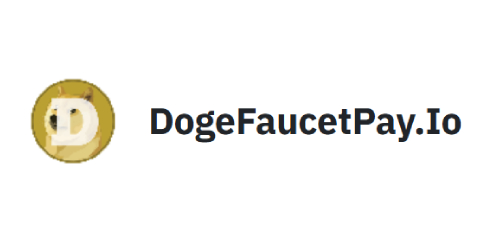Hello friends! Today, under our “operating microscope,” we have yet another nominee for “Scam of the Year” — the investment platform Pay 1 Asset, found at pay1asset.com. Promises of riches, a flashy website, pushy account managers — sounds familiar, right? Let’s dig a little deeper and see whether these guys are really worth your hard-earned money. Spoiler: probably not.
First Impressions: Cheap Shine and Empty Promises
You land on pay1asset.com — and what do you see? A standard landing page trying to look solid. Graphs, smart words about investing, maybe even photos of happy “clients” (hello, stock photos!). It’s all designed for beginners dreaming of passive income and easy money.
They might tell you fairytales about unique trading strategies, super-duper analytics, or access to exclusive markets. Sounds tempting? Of course! But let’s engage our critical thinking.
“The first red flag any sane investor should spot with Pay 1 Asset is the complete lack of clear licensing information. Remember: no license from a credible regulator means no guarantees for your money’s safety. It’s Russian roulette with a guaranteed bad ending.”
Where Are the Facts?
When you start looking for real info, the trouble begins.
- Registration & Licensing: Where is the company registered? Who regulates it? Scammers typically either mention some distant offshore jurisdiction (where getting a “license” is easier than buying a SIM card), outright lie, or simply say nothing. Pay 1 Asset seems to fall into the last category. No license scans from FCA, CySEC, ASIC, or even the Bank of Russia. That’s a massive red flag!
- Legal Information: Who is behind this project? Where is the real office? Usually, either no address is listed, or it’s some bogus location — possibly a virtual office. Verifying the existence of the company and its leadership is virtually impossible. Anonymity is a scammer’s best friend.
- Profit Promises: Such companies often promise unrealistically high profits — dozens or even hundreds of percent annually. Professional traders and funds consider 20–30% a great success — but here, you’re promised a goldmine in a month? Seriously?
“If anyone guarantees stable and high returns with no risk — run! Financial markets are volatile by nature. Promises like ‘100% profit in a week’ from Pay 1 Asset are classic signs of a pyramid scheme or flat-out fraud.”
How the Scheme Works: Lure, Drain, Disappear
So how do these “investment companies” operate?
- Attraction: They find you via social media, cold calls, or ads. A manager sweet-talks you about easy money.
- First Deposit: They convince you to start small (usually $100–250) “just to try.” They might even let you “earn” a little on a demo account or show fake profits in your dashboard to lower your guard.
- Upselling: Once you’re hooked, the pressure begins: “Now’s your chance, invest more!”, “Take a loan, you’ll make it back fast!”, “Deposit bonus available!”
- Withdrawal Issues: The real trouble starts when you try to withdraw. They might allow small amounts first to build trust, but when it comes to serious money — game over. Suddenly, there are “technical issues,” or you must pay made-up taxes, fees, insurances, or go through endless verification that never works. Or your account gets blocked for no reason.
“Based on common complaints about Pay 1 Asset-type companies, withdrawal issues aren’t the exception — they’re the rule. Once scammers drain you dry, access to your funds is cut off under any pretense. Your money? Gone.”
Verdict
Pay 1 Asset (pay1asset.com) shows all the classic signs of a fraudulent project: no license or legal transparency, unrealistic profit promises, aggressive marketing, and — very likely — inevitable withdrawal issues.
Our advice: Stay as far away from Pay 1 Asset as possible! Don’t fall for slick marketing and false promises. Invest only through verified, licensed brokers and always do your own due diligence before trusting anyone with your money. Remember, free cheese only exists in a mousetrap — and in finance, that cheese could cost you a lot.




